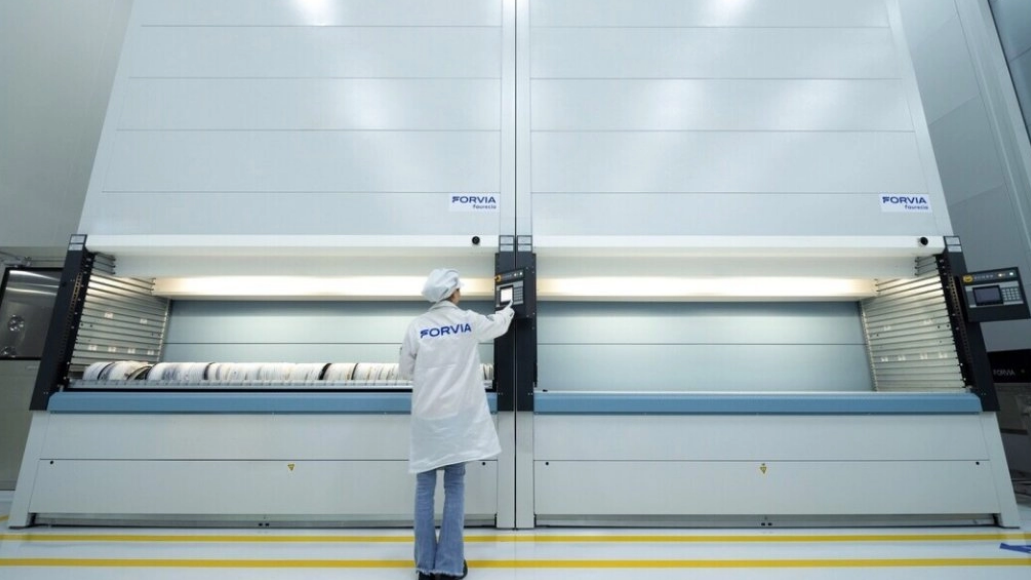Forvia, the world’s 7th largest car equipment supplier, is set to revolutionize its Research and Development (R&D) approach, aiming to halve costs by 2028. The strategic move is driven by the need to tackle electrification challenges and heightened competition from Asian counterparts in the automotive industry.
Generative AI as the key enabler
Forvia’s ambitious plan heavily relies on the integration of generative Artificial Intelligence (AI) into its R&D processes. The adoption of AI technology is envisioned as a proactive measure to stay abreast of the rapidly evolving automotive landscape, particularly in the context of the shift towards electrification.
Concerns and motivation behind the transformation
CEO Patrick Koller acknowledges the magnitude of the 50% reduction target and highlights the urgency behind such a transformation. He stresses that failure to embark on this significant restructuring could result in being sidelined from the competitive landscape within the next three to five years. The move is motivated by a proactive stance to remain relevant in an industry undergoing transformative changes.
Automation agenda: five ‘dark plants’ by 2025
In addition to R&D cost reduction, Forvia is embarking on an automation agenda. The company plans to transition from its current single automated plant in Spain to having five fully automated plants, referred to as ‘dark plants’, within the next two years. These ‘dark plants’ are envisioned to operate without on-site operators, drawing parallels with the concept of ‘dark stores’ in urban settings designed for online deliveries.
The concept of ‘dark plants’
A ‘dark plant’ signifies a manufacturing facility where production processes are entirely automated, minimizing the need for on-site human intervention in day-to-day operations. While the term draws inspiration from ‘dark stores’ – retail warehouses devoid of sales staff for home delivery purposes – the human presence in ‘dark plants’ is retained for managerial, supervisory, and maintenance functions.
Global footprint and training challenges
Forvia, born out of the Faurecia group’s acquisition of Germany’s Hella, operates with an extensive global footprint, boasting 291 industrial sites across 40 countries. While the transformative journey unfolds, challenges related to workforce training and recruitment are anticipated. However, the company remains tight-lipped about potential job cuts resulting from this comprehensive transformation.
Forvia’s strategic shift towards leveraging generative AI for R&D cost reduction and embracing automation with ‘dark plants’ underscores its commitment to navigating the dynamic landscape of the automotive industry. The move reflects a proactive response to challenges posed by electrification trends and intensified competition, positioning Forvia on the path to resilience and future relevance.



